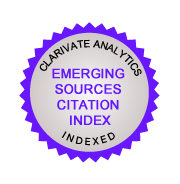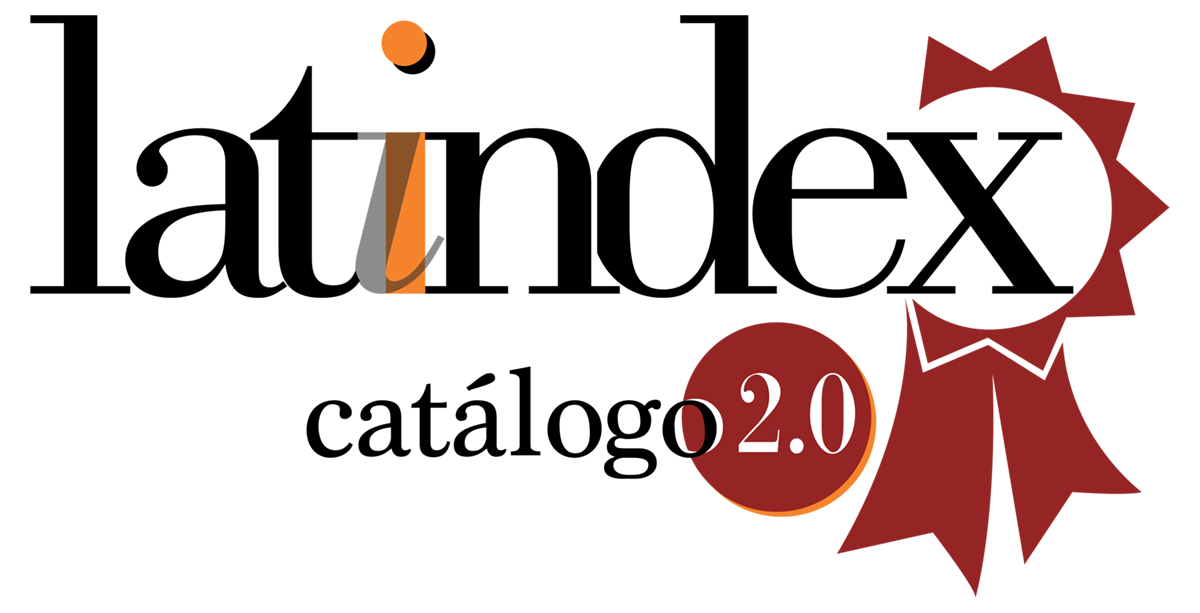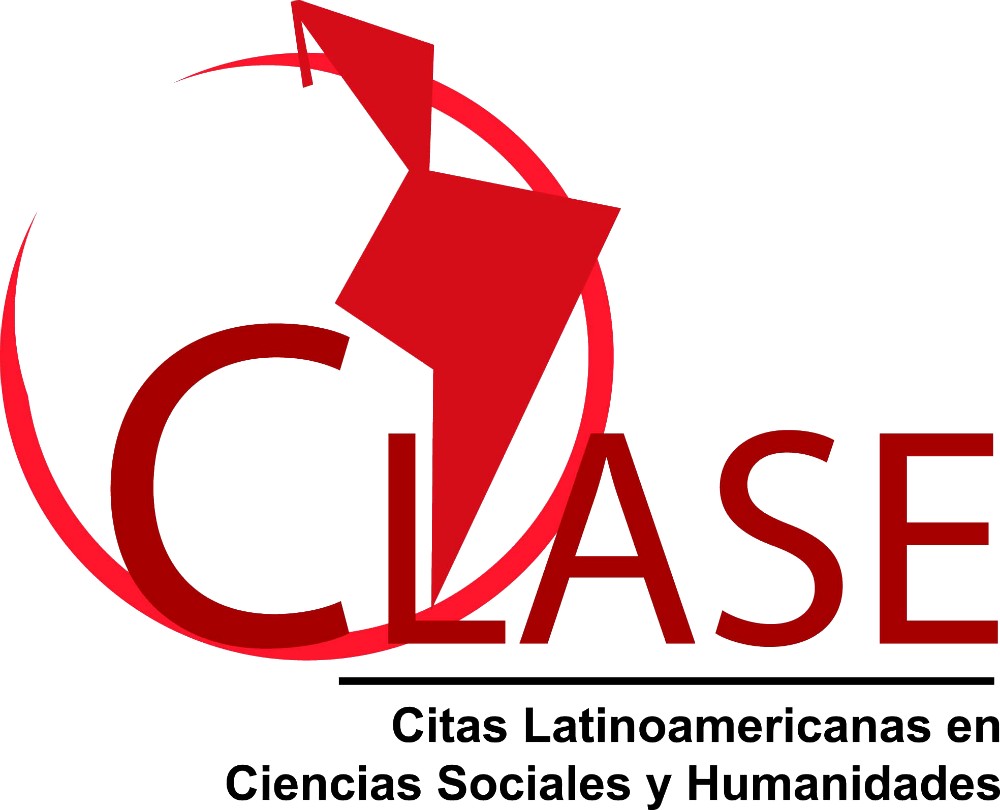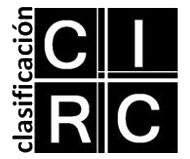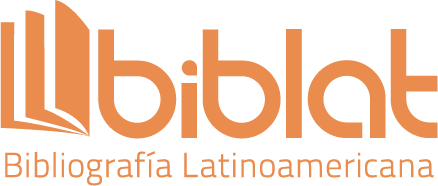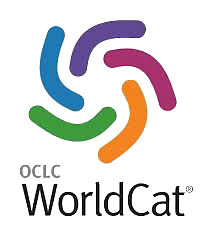Cannabis as a public problem in Olavarría and Tandil
DOI:
https://doi.org/10.24215/16696581e933Keywords:
Cannabis, Public problem, Activism, ExpertiseAbstract
The objective of this article is to reconstruct how medicinal and therapeutic cannabis became a public problem in the cities of Olavarría and Tandil between 2016 and 2023, based on the knowledge, speeches and public debates produced by social activist organizations, experts accredited and local officials and politicians to place the issue on the local public, government and scientific agenda. The methodological strategy was based on the collection and analysis of data, the interpretation of documents, archival material and web pages, and on the conduct and analysis of semi-structured interviews with leaders and members of social organizations, experts and policy makers. local level policy. The hypothesis maintains that a renewal of the traditional cannabis movement, given from new moralities and therapeutic and medicinal knowledge of the plant, and the alliances created with accredited experts and local politicians of the territory, within the framework of relationships of trust and inter-knowledge, promoted by the local and community scale of this type of city, they managed to generate new meanings, expectations and interests (health, economic, productive and local development) about the plant, which led to positioning it as a problem of public and government interest in the territory.
Downloads
References
Aguilar, O. y Romero, L. (2020) Experticias locales: la emergencia de ordenanzas municipales sobre usos medicinales de cannabis en la Argentina en "Ações coletivas, estratégias de regulamentação e demandas pelo acesso legal à maconha na América Latina” del VI Congreso de la Asociación Latinoamericana de Antropología, a realizarse entre el 23 y el 27 de noviembre del 2020.
Aguilar, O; Díaz, C y Romero L. (2022) Citizen science towards the regulation of medical cannabis in Argentina, Tapuya: Latin American Science, Technology and Society, DOI: 10.1080/25729861.2022.2100037.
Blickman, T., K. Sandwell, D. Putri, X. Arana, T. Decorte, V. A. Frank, D. J. Korf, et al. (2019). Cannabis in the City: Developments in Local Cannabis Regulation in Europe. Amsterdam: Transnational Institute.
Corbelle, F. (2016). Dar la cara como “usuario responsable”. El activismo político de los usuarios de drogas: de la clandestinidad al Congreso Nacional [Tesis de Doctorado], Facultad de Filosofía y Letras, Universidad de Buenos Aires.
Díaz, M. C. (2019) Cultivar la vida: Una etnografía entre activistas cannábicos en Argentina. Tesis de Doctorado. Universidade Federal do Rio de Janeiro. 315 p.
Díaz, M. C; Aguilar, O. y Romero, L. (2021) Coproducción de activismos, experticias y redes en la regulación del cannabis medicinal en Argentina Revista Ucronías. Dossier temático N° 4.
Ciencia, poder, biosocialidades e identidades en los lenguajes de la coproducción - ISSN 2684-012X, pp. 95- 118. https://doi.org/10.5281/zenodo.5809504
Elder, C. D., & Cobb, R. W. (1984). Agenda-building and the politics of aging. Policy Studies Journal, 13(1), 115.
Gusfield, J.R. (2014). La cultura de los problemas públicos: el mito del conductor alcoholizado versus la sociedad inocente. Buenos Aires. Siglo Veintiuno Editores.
Heddleston, T. (2013). A tale of three cities: Medical marijuana, activism, and local regulation in California. Humboldt Journal of Social Relations, 35, 123-143
Hess, D (2016) Undone Science. Social Movements, Mobilized Publics and Industrial Transitions. Cambridge, Massachusetts y Londres, The Mit Press.
Jamison, A. (2003). “The Making of Green Knowledge: The Contribution from Activism.” Futures 35(7),703–16.
Kreimer, P., Zabala, J. P. (2006). ¿Qué conocimiento y para quién? Problemas sociales, producción y uso social de conocimientos científicos sobre la enfermedad de Chagas en Argentina. Redes, 12(23), 49-78.
Labiano, V. I. (2020). La difusión de las políticas de cannabis medicinal en América Latina (2015-2017). Revista De Estudios Sociales De La Ciencia Y La Tecnología, REDES, 26(50), 147-179.
Quirós, J. (2018). “Del intercambio al interconocimiento: la etnografía ante los hechos invisibles del trabajo político.” Íconos Revista de Ciencias Sociales 60,121–142.
Oregioni, M. S., Avondet, L. y Durán, M. S. (2020). Dinámicas de cooperación en producción de conocimiento sobre cannabis medicinal. Aportes desde una perspectiva no hegemónica sobre internacionalización universitaria. RAES, 12(21), pp. 143-159.
Romero, L. y Aguilar O. (2020). Interacciones entre cultivadores, usuarios e investigadores en torno a los usos medicinales del cannabis en Argentina, Revista REDES, 26 (50), IESCT, UNQ, Bernal, https://doi.org/10.48160/18517072re50 pp. 235-263.
Taylor, S. (2010). Re-medicalizing cannabis: science, medicine and policy, 1973 to the early twenty-first century. PhD thesis, London School of Hygiene & Tropical Medicine
Wynne, B. (1992). “Misunderstood Misunderstanding: Social Identities and Public Uptake of Science.”Public Understanding of Science 1, UK: 281–304.
Fuentes periodísticas y documentales
Diario El Popular (2012) Por la ley, unos 120. Diario El Popular, 13/06/2012. Disponible en: https://www.elpopular.com.ar/nota/-132055/2012/06/por-la-ley-unos-120
El Diario de Tandil (2016) Tandil se pone verde. El Diario de Tandil, 07/05/2016. Disponible en: https://eldiariodetandil.com/2016/05/07/tandil-se-pone-verde
FACSO-UNICEN (2016) El periodista Emilio Ruchansky presentó su libro “Un mundo con drogas” en la FACSO. Portal de la FACSO-UNICEN, 03/10/2016. Disponible en: https://www.soc.unicen.edu.ar/index.php/noticias/2482-el-periodista-emilio-ruchanskypresento-su-libro-un-mundo-con-drogas-en-la-facso
Normativas
Honorable Concejo Deliberante de Olavarría. HCD Expediente 259/20; Ordenanza N° 4574/20
Honorable Concejo Deliberante de Olavarría. HCD Expediente 265/19
Honorable Concejo Deliberante de Olavarría. HCD Resolución 073/16
Resolución Consejo Académico N° 218/16 Colaboración entre la Facultad de Ingeniería y CAMEDA. Septiembre de 2016.
Downloads
Published
How to Cite
Issue
Section
License
La aceptación de un original por parte de la revista implica la cesión no exclusiva de los derechos patrimoniales de los/as autores/as en favor del editor, quien permite la reutilización, luego de su edición (postprint), bajo una Licencia Creative Commons Atribución-NoComercial-CompartirIgual 4.0 Internacional (CC BY-NC-SA 4.0)
Acorde a estos términos, el material se puede compartir (copiar y redistribuir en cualquier medio o formato) y adaptar (remezclar, transformar y crear a partir del material otra obra), siempre que a) se cite la autoría y la fuente original de su publicación (revista y URL de la obra), b) no se use para fines comerciales y c) se mantengan los mismos términos de la licencia.
La cesión de derechos no exclusivos implica que luego de su edición (postprint) en Question las/os autoras/es pueden publicar su trabajo en cualquier idioma, medio y formato; en tales casos, se solicita que se consigne que el material fue publicado originalmente en esta revista.
Tal cesión supone, también, la autorización de los/as autores/as para que el trabajo sea cosechado por SEDICI, el repositorio institucional de la Universidad Nacional de La Plata, y sea difundido en las bases de datos que el equipo editorial considere adecuadas para incrementar la visibilidad de la publicación y de sus autores/as.
Asimismo, la revista incentiva a las/os autoras/es para que luego de su publicación en Question depositen sus producciones en otros repositorios institucionales y temáticos, bajo el principio de que ofrecer a la sociedad la producción científica y académica sin restricciones contribuye a un mayor intercambio del conocimiento global.






